Running in a 5K race can be an exciting opportunity for a child, and a great opportunity for the entire family to do together. But there are some things parents should keep in mind when preparing their kids for a 5K run.
Emily Niu, MD, an orthopaedic surgeon at Children’s National gives her expert advice, below.
First, are 5Ks appropriate for children, or should they opt for shorter, “fun runs” instead?
Some races incorporate events designed for children. For example, our upcoming Race for Every Child 5K has a fun-run option available for kids. Fun runs are typically short distances, with little to no training required to participate. It’s a great way to introduce running to your child if they are not yet ready for a full 5K.
How often should children take rest days during training?
The key to training would be to take multiple breaks tailored to the distance of the race. It is important for the child to be interested in participating in the race and that this isn’t an adult-driven activity.
Should children’s hydration intake increase during training?
According to the Institute of Medicine: Food and Nutrition Board, prolonged physical activity and heat exposure increases water loss and can raise daily fluid needs. Because children are more susceptible to heat-related illness compared to adults, it’s very important for children to avoid running on hot days and to make sure that they’re properly hydrated.
What about diet? Should parents adjust what their child is eating for race preparation?
It’s important to make sure that your child has adequate calcium intake and that their diet is balanced. I don’t recommend pre-marathon diets that are restrictive, simply because they are not healthy. Instead, children should take in plenty of fruits, vegetables and healthy carbohydrates. Their diet should be balanced, regardless of them preparing for a 5K or not.
Is stretching necessary?
It is important for children to stretch because their bones are growing at a rate that is faster than their muscles and tendons can keep up with. Make sure that no one is exerting the stretching force on your child because that can potentially cause an injury. Stretching should be self-imposed.
This blog post originally appeared in Northern Virginia Magazine online.
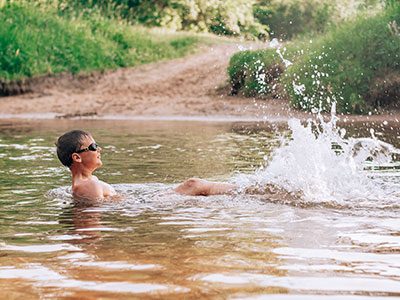 https://riseandshine.childrensnational.org/wp-content/uploads/2024/06/boy-swimming-feature.jpg
300
400
Rise and Shine
https://riseandshine.childrensnational.org/wp-content/uploads/2017/11/childrens_riseandshine_logo.jpg
Rise and Shine2024-06-17 13:02:582024-06-17 13:07:07How to prevent swimming-related illnesses
https://riseandshine.childrensnational.org/wp-content/uploads/2024/06/boy-swimming-feature.jpg
300
400
Rise and Shine
https://riseandshine.childrensnational.org/wp-content/uploads/2017/11/childrens_riseandshine_logo.jpg
Rise and Shine2024-06-17 13:02:582024-06-17 13:07:07How to prevent swimming-related illnesses





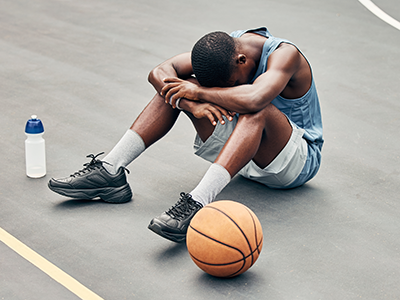
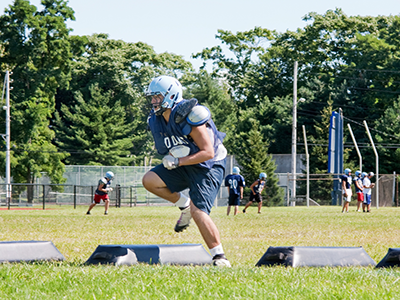
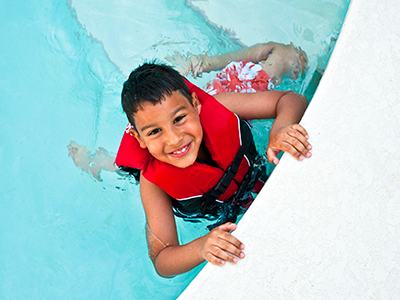
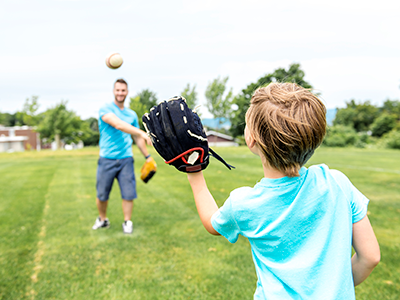



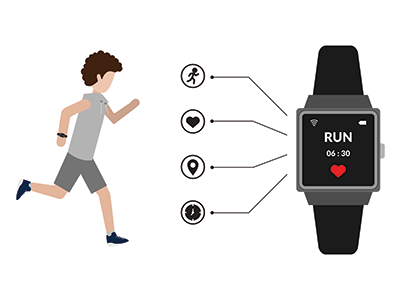


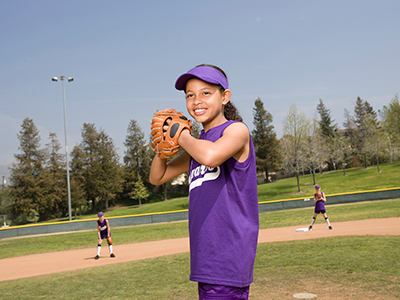


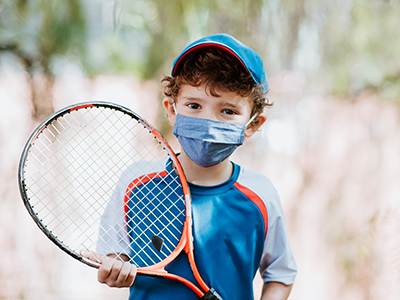
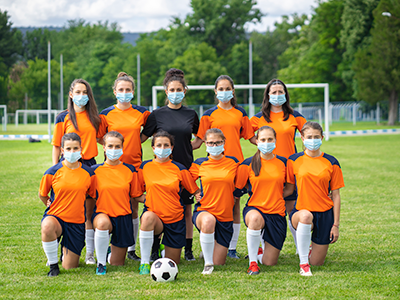

Leave a Comment
Want to join the discussion?Feel free to contribute!